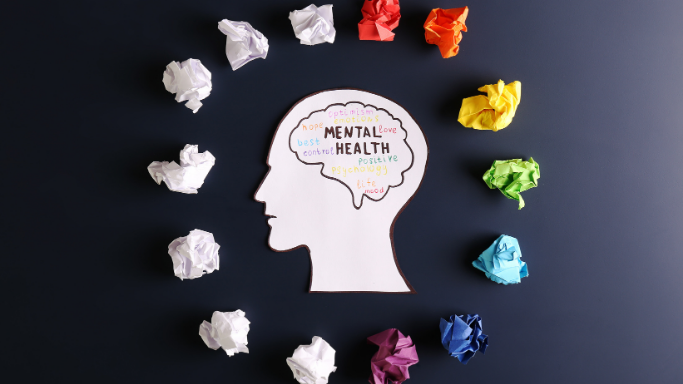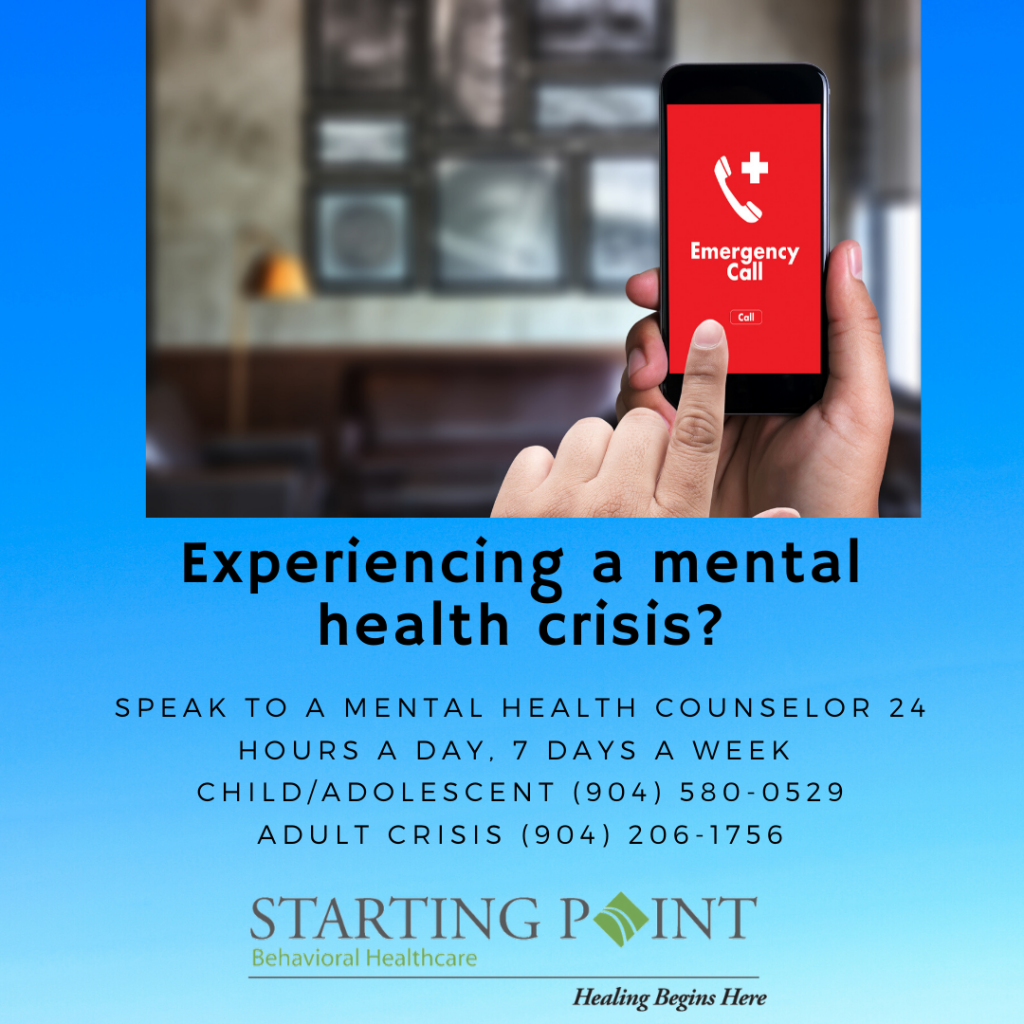Ways to Manage Your Mental Health During Quarantine & Physical Distancing


As the COVID-19 pandemic spreads, social distancing is quickly turning into physical distancing and even quarantines, meaning individuals and families are at home and unable to go out. Some people must quarantine themselves from even their own families. As days turn into weeks, this can become not just stressful but harmful to their mental health.
Studies conducted after other quarantines for SARS, Ebola, and H1N1 flu show that many people experienced both short- and long-term mental health problems.* This included stress, substance abuse, inability to sleep, and more. In one study, 34% of those quarantined had high levels of psychological distress. Quarantines lasting longer than 10 days increased the risk, as did the inability to access supplies.
Studies have shown that those at the high risk are typically between 16 and 24 years old, women, parents of a single child, healthcare workers, and anyone with a history of psychiatric illness.** In addition, the CDC says older people and those at high risk for COVID-19 are at a higher risk.

But there are some things you can do to offset the stress and loneliness during this time. Here are some top tips from mental health experts.
- Try to develop a routine for you and your family. If you are home schooling, set a schedule for schoolwork, lunches, breaks, etc. Try to get up and go to bed at the same time every day. Take breaks between work and down time.
- Connect with other people. Use text messages, online video chats, or just call friends and family to talk. Try not to isolate yourself and remember that other people, especially anyone who is older and lives alone, may need the contact just as much as you do.
- Proactively work to reduce financial and work stress. Reach out to employers and creditors to work out solutions to working from home or inability to pay bills due to unemployment. Many banks and creditors are working with consumers to give them relief during the crisis, but you should take the initiative to contact them. Talk with your employer about what work you can accomplish at home and how you will manage your work.
- Take care of your body. Find ways to exercise and relax, even if it is a short walk around your neighborhood or yard. Stretching, meditating, praying, or just deep breathing can all help you relax. Eat healthy foods , avoid snacking too much, and avoid overuse of alcohol. You can be a role model for your children and others by keeping up a healthy lifestyle.
- Be realistic about what is going on, and stay informed about the situation. Knowing what to expect can help you manage stress when the situation changes. Share the facts with family and friends and reassure children who may not understand all the changes around them.
- Don’t fixate on the news. Stay informed, but don’t watch or listen to news all the time. Choose reliable news sources and be suspicious of rumors, especially on social media.
- Look for the good wherever you can. Homeschooling can be difficult, but it is also a chance to connect with your children on a new level.
- Be compassionate with yourself and other people. Being kind and understanding when someone is stressed or upset gives you an opportunity to help someone else. Give yourself a break, too, and understand that many things are outside our control.
- Do something you enjoy whenever you can. Read a book, listen to your favorite music, do some gardening or baking, lean a new language. Find time for yourself to unwind.
- Ask for help if you are feeling stressed or overwhelmed. If you need help with household tasks, ask children or your partner to take on some of the chores. Reach out to friends when you feel especially stressed, and contact a mental health provider for help whenever you need it. Starting Point has two crisis lines that are open 24/7 to help.
SOURCES
*ScienceNews.org https://www.sciencenews.org/article/coronavirus-covid-19-social-distancing-psychological-fallout
** psycom.net https://www.psycom.net/coronavirus-social-distancing-mental-health/
Other sources:
Tips For Social Distancing, SMAHSA https://www.samhsa.gov/sites/default/files/tips-social-distancing-quarantine-isolation-031620.pdf
Stress and Coping, CDC https://www.cdc.gov/coronavirus/2019-ncov/daily-life-coping/managing-stress-anxiety.html?CDC_AA_refVal=https%3A%2F%2Fwww.cdc.gov%2Fcoronavirus%2F2019-ncov%2Fprepare%2Fmanaging-stress-anxiety.html
TheHealthy.Com https://www.thehealthy.com/mental-health/depression/depression-quarantine-therapists/?trkid=soc-healthy-facebook
17 Things To Do If You Feel Cooped Up, Isolated, and All-Around Crappy, Self.com, https://www.self.com/story/stuck-inside-mental-health-tips
Posted In:
Like this post? Don't forget to share it!
MORE RECENT POSTS



